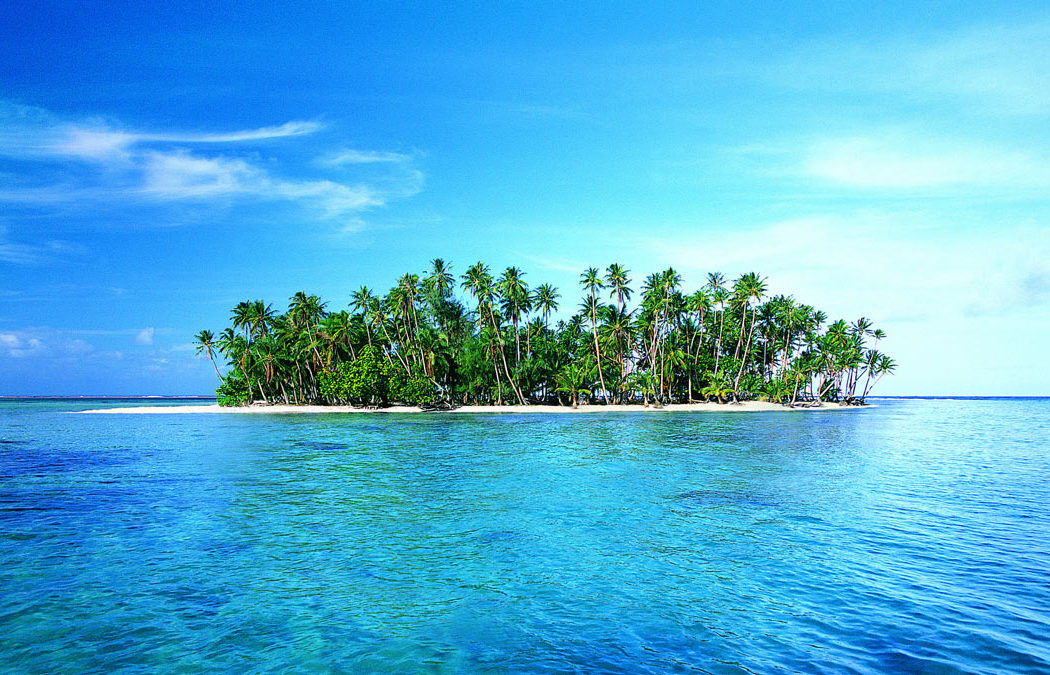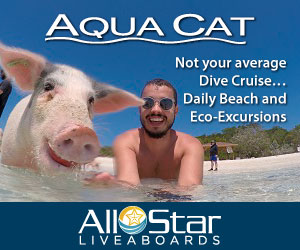Divers are a special breed. The most serious among us are anything but tourists — we’re travelers. We take very seriously our responsibility to protect the environments we visit and are increasingly recognizing that our travel demands are sometimes placing undue stress on local ecosystems and cultures. So, what we can do to help ensure that operators and destinations hear our wishes loud and clear to make tourism more sustainable is simple. We can vote with our wallets. When making your choice of what destination and operator to patronize, take a few minutes to consider not only what you might “get for your dollar,” but how that destination or operator does business and reward those who are doing it right. In that way, you can become part of the solution and help drive a process that will make tourism a positive force for change. Let’s use the fire that we helped ignite to create a warm glow — not burn our house down.
Most divers want to be responsible travelers but don’t always know how. Below is a list of guidelines adapted from several sources.
In using them it’s important to understand that very few dive operators perform or can even fulfill every criterion. But a perfect score isn’t really what you’re looking for. Developing or restructuring a business to become more sustainable can be a lengthy, expensive and difficult process.
So, use these guidelines as just that — a guide to determine whether an operator is on the right path.
Click here to download the Sustainable Tourism Checklist
What measures does the operator take before clients arrive to help protect their environment and insure a better visitor experience?
- Does the operator provide pre-trip information about the destination’s environment, local customs and proper dive etiquette to all clients?
- Does the operator provide clients with references to educational materials?
- Does the operator design tours intended to enhance their clients’ awareness and understanding of the coral reef ecosystems that will be visited?
How environmentally conscious is the dive operation?
- Does the operator respect local guidelines, laws, regulations and customs — and insist their clients to do so?
- Does the operator provide training for their staff to ensure that they understand the ecology of the areas visited so they can teach clients how to appreciate the environment and minimize their effect on dive sites?
- Does the operator support local marine conservation efforts?
- Is the operator certified by any independent organization that assesses and/or monitors the environmental sustainability of their operation?
- Does the operator separate experienced and inexperienced clients into different groups or take clients to dive sites to which they are best suited based on their level of proficiency?
- Does the operator provide clients with educational materials to help them learn about and respect underwater environments?
- Does the operator give clients a pre-dive briefing stressing the importance of awareness, conservation and low-impact diving?
- Does the operator empower their divemasters to enforce the rules that are emphasized in the pre-dive briefing?
How well does the operation manage its local environment and dive sites?
- Does the operator provide environmentally-sound methods of trash disposal?
- Does the operator make special provisions for disposal of harmful substances, such as depleted batteries and used engine oil?
- Does the operator install or use permanent mooring buoys where needed (or drift dive rather than anchor)?
- If anchoring is necessary, does the operator do so in a way that avoids reef damage?
- Does the operator limit group size to make sure that divemasters can monitor all clients and rotate dive sites to avoid overuse?
General Considerations
- Does the operator work with community leaders and institutions to increase the region’s standard of living, such as participating in community-based planning?
- Does the operator inform visitors of how they can make donations or give other support to the local community or environmental conservation?
- Does the operator donate money or in-kind assistance to help support the local community or environmental conservation?
- Does the operator encourage the input and participation of local residents for projects undertaken that could affect the community?
- Does the operator respect local traditions for the use of reefs and other natural and cultural resources?
- Does the operator encourage visitors to buy authentic arts and crafts of local artisans and to purchase other products and services that benefit the local economy but do not harm or deplete natural resources?
- Does the operator prohibit or strongly discourage purchasing coral or souvenirs made from coral, turtles and other threatened wildlife?




